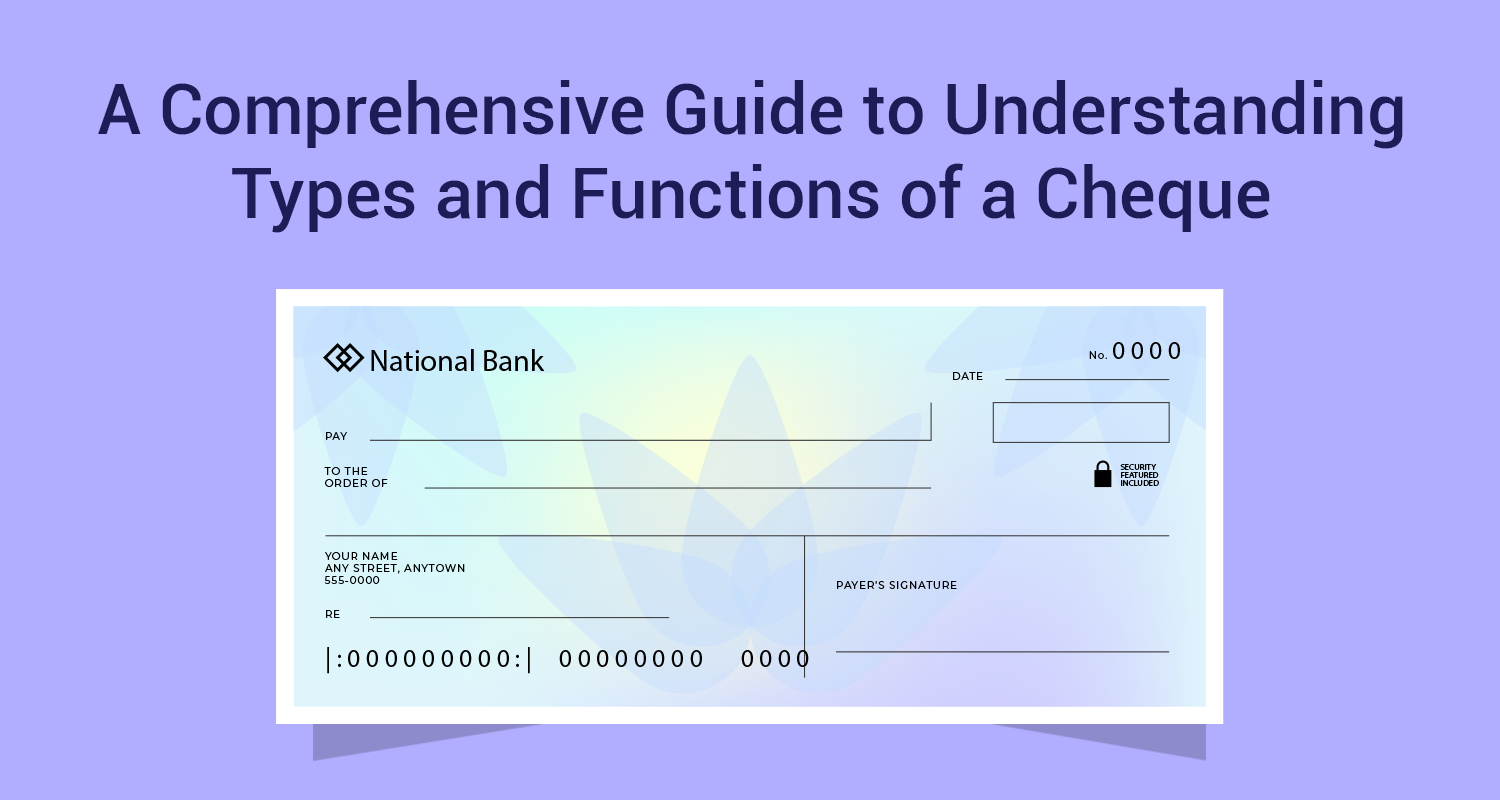Types of Mutual Funds In India 2023
Table of Contents
Mutual funds are a smart investment choice. But selecting the appropriate fund depends on the investment goals, as each fund's portfolio is designed to align with its stated objectives in the prospectus.
Asset management companies offer a variety of fund types, which can be categorized based on their structure, asset class, investment objective, specialization, and risk. Let’s have a look at the different types of mutual funds available in India 2023.
Based on mutual fund structure
Depending on the structure of investment, mutual funds can be grouped into:
- Open-ended funds: These funds offer flexibility, allowing investors to buy or sell units at the current net asset value without restrictions on timing or quantity. They are particularly suitable for investors looking for liquidity.
- Close-ended funds: These funds have a predetermined unit capital amount and permit purchases only within a specified timeframe. Redemption is constrained by the maturity date, but to enhance liquidity, these schemes are traded on stock exchanges.
- Interval funds: These funds bridge the gap between open-ended and close-ended funds. Interval mutual funds permit transactions at specific periods. Investors can choose to purchase or redeem their units when the trading window opens up.
Based on mutual fund asset class
Depending on the asset class, there are Equity, debt and hybrid mutual fund schemes.
- Equity mutual funds: These funds invest in various company stocks, with returns tied to stock performance. They carry high risk but offer potential for impressive returns. SEBI mandates at least 65% equity investment. Examples include large-cap, mid-cap, small-cap, and sectoral funds. Some, like Flexi Cap, Focused, and Multi Cap Funds, diversify across market caps and sectors.
- Debt funds: Unlike equity funds, debt funds are considered safe investments. These funds invest in debt instruments e.g. company debentures, government bonds and other fixed income assets. They provide fixed returns.
- Hybrid Funds: Hybrid funds invest in a mix of asset classes, debt and equity instruments. Risk and returns are balanced out this way.
Zaroorat aapki. Personal Loan Humara
Apply NowBased on investment goals
Depending on the investment objectives, some types of mutual funds in India are:
- Equity Linked Saving Schemes(ELSS): ELSS, or Equity Linked Saving Schemes, offer the advantage of both equity market returns and tax savings, with a 3-year lock-in period. They focus on long-term capital appreciation through investments in the stock market. ELSS is a fitting choice for investors seeking mutual fund investments coupled with tax advantages.
- Growth funds: These mutual funds focus on investing in companies with significant growth potential. Their primary objective is to deliver substantial capital appreciation to investors. However, these funds carry a correspondingly elevated level of risk. Therefore, they are best suited for bold investors who are open to higher-risk investment opportunities.
- Liquidity-based funds: These funds are further classified based on liquidity levels. Ultra-short-term and liquid funds are suitable for short-term goals, while retirement funds have longer lock-in periods.
- Capital protection funds: These funds aim to safeguard the principal amount invested by allocating a portion to fixed-income instruments and the remainder to equities. It's important to note that returns are taxable. These mutual funds prioritize protecting the invested capital by primarily investing in debt instruments, with only a small fraction in equities. Capital protection funds are well-suited for investors with a low-risk tolerance.
- Pension Funds: These funds are usually hybrid funds that give low but have potential to provide steady returns in future.
Other than these, mutual funds can also be categorized into Sectoral funds, index funds, global funds, real estate funds, etc. based on their focus of investment.
Conclusion
Selecting the right mutual fund can be challenging due to the variety available. While choosing, it is important to consider one’s financial needs and investment goals as well as assess the risk tolerance. Generally, higher returns come with higher risks. So, one must carefully read the policy documents to understand the investment facilities, as all mutual funds carry some level of risk.
Choosing the right mutual fund can be tricky. But if you are looking for speedy loans, then IIFL finance offers quick loans against securities that require less processing time and faster disbursal of capital with easy documentation.
Sapna aapka. Business Loan Humara.
Apply NowDisclaimer : The information in this blog is for general purposes only and may change without notice. It does not constitute legal, tax, or financial advice. Readers should seek professional guidance and make decisions at their own discretion. IIFL Finance is not liable for any reliance on this content. Read more




